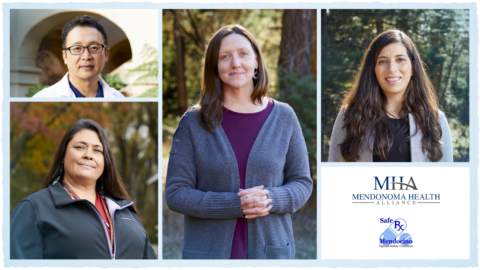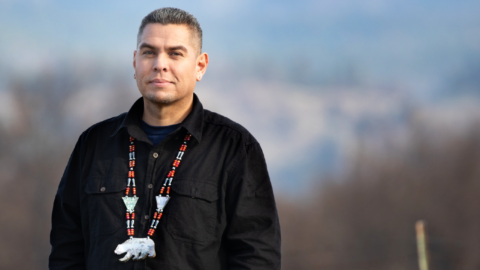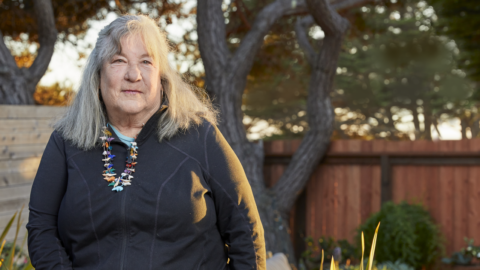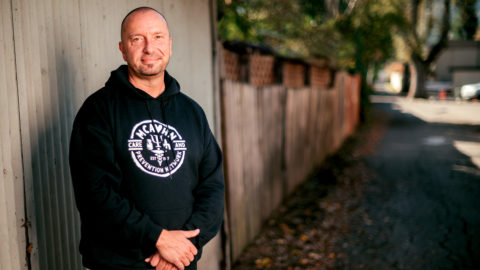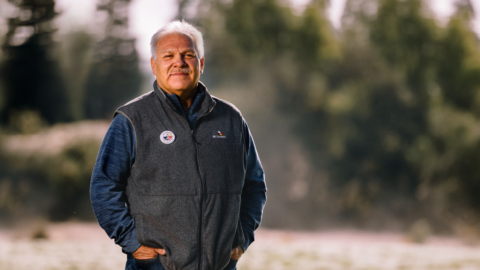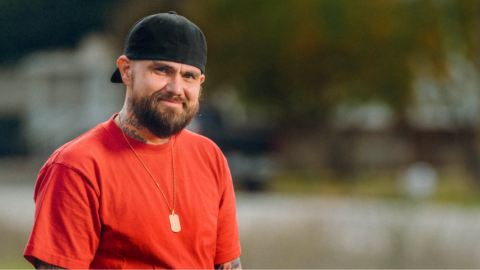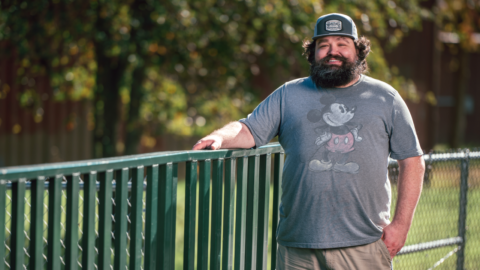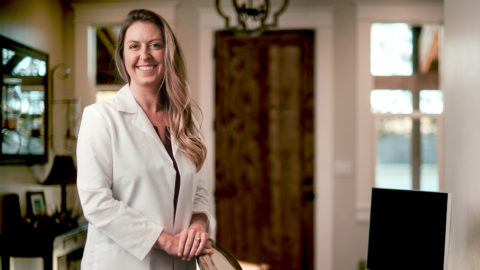A health care professional on the northern coast of California, Carolyn Hand knows about the challenges of addiction from personal experience. Her father and two brothers each faced struggles with alcohol and drug addiction.

Being of service in the community
Carolyn has been in nursing for decades now, and today she works as a women’s health nurse practitioner at Redwood Coast Medical Services in Gualala. She has seen the prevalence and impact of addiction in the community. “It was clear to me that addiction was creating this life that was miserable for women, for children, for their families,” she explains. “I think it’s very stigmatized in smaller communities. Confidentiality issues are huge.”
In addition to the burden of stigma, there’s the challenge of finding the right resources and support. Many people don’t realize help is available, says Carolyn. The reality is that there’s a growing network of support in the community.
To further her own contributions to that network, Carolyn recently completed training to be an addiction medicine specialist. She now has an “X waiver” that permits her to prescribe Suboxone, used for medication-assisted treatment of opioid addiction.
Carolyn is a strong proponent of the benefits of medications like Suboxone, and encourages others to look beyond the stigma of using mild opiates for treatment. “For someone who is still addicted to heroin (or any of the opiates), their life on Suboxone is so much better,” she says. “They can go back to working. They can have a family again.”
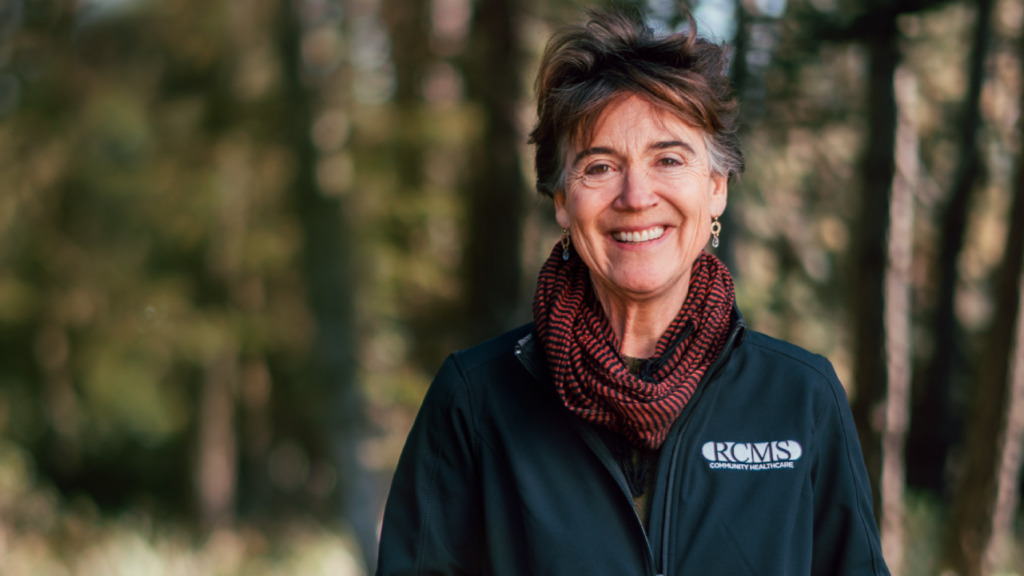
Offering a road to recovery
Effective treatment also requires a deep level of trust, she explains. Having the space and time to develop that trust is less common in the reality of today’s medical services. For Carolyn, it’s essential, and it starts with listening. “I ask questions, and then I’ll just listen and see what their goals and motivation are,” she explains. “I’m here if you want to use me. Go for it. And if you don’t, you don’t. But maybe you’ll come back.”
Patients do return regularly to Carolyn’s office, sometimes days or weeks later. What is most important in her mind? Being available to support someone as soon as they’re ready, and keeping harm reduction in mind. “You give people a rope,” she says simply. “Something they can grab onto when they’re ready.”
If she had one wish, Carolyn would broaden everyone’s capacity for empathy. Our judgemental instincts are damaging how we view other people, especially those in crisis. In her mind, so much would be improved in society if people could see beyond the stigma. It’s important to look for the positives.
“Most people are good. They really want to go towards their best selves,” she says. “They don’t want to live in this dark place. They just need a foot up. We all need a foot up. We all need someone to give us hope.”


